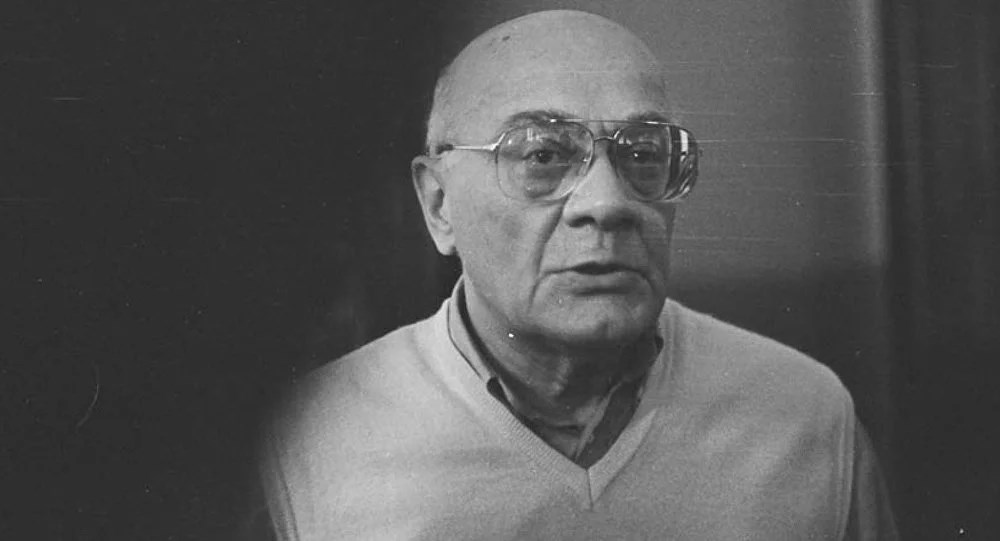
Repeating Mamardashvili | Essay 8 – The World Outside
Some years ago I wrote a text with the title on the revolt inside for the Bratislava-based magazine VLNA. The text, accompanied by photos, snapshots, which I tend to take as a kind of visual diary, reflected on the discrepancy of wanting but not always being able to actively interact with our surroundings: the world outside. When, for instance, after having read the news for hours, all this rage, which has built up inside oneself finds no outlet and leaves one breathless, paralyzed and seemingly unable to stand up for… or step outside in that very moment.
This topic, its questions of our relationship with the world, have never quite left me. And so, while tracing Merab Mamardashvili's thoughts – and his lectures on Proust meander precisely around such questions as of us being in and with the world, – I encounter another aspect of this predicament of being torn between a somewhat inside and outside.
Hours and days and weeks spent with translations, reading, taking notes. Shut away in my studio. Somewhat obsessed, and yet touching regularly on all kinds of doubts. Yes, all kinds, but most presently the kind of doubts connected to the issue of How does all of this connect to the world, the world outside?
And then I recently re-read Eugene Thacker's 'Preface ~ Clouds of Unknowing' in 'In The Dust of This Planet,' the first book of his 'Horror of Philosophy' trilogy. There he distinguishes three aspects of the world, namely 'the World (the world-for-us),' 'the Earth (the world-in-itself)' and 'the Planet (the world-without-us).' How to think those three, how to relate, connect to those three, when only 'the World' actually centers around the relationship of human beings and the world, whereas 'the Earth' doesn't exclude human beings but their experience of 'the world-in-itself;' it constitutes a complex relationship of being inaccessible to human kind in general but also possibly, as Thacker says through 'the moment we think it and attempt to act on it' it, 'the Earth,' could become 'the world-for-us (the World).'
It is the last of these three, 'the Planet' or 'the world-without-us,' which suddenly connected those doubts in isolation to the world outside. Thinking about 'the world-without-us' as 'the subtraction of the human from the world,' we deal with the unthinkable: How to think and/or imagine a world, which is devoid of humans altogether. How to think this unthinkable within the probable impossibility to think the without human using human thought?By pushing against these and other obstacles of the unthinkable, the notion of thought presents itself as an action which in itself always interrelates with the world outside.
Author: Katharina Stadler
Stadler, Katharina. "Vnútorná revolta," VLNA, no. 54 (2013): 32–35.
Thacker, Eugene. In the Dust of This Planet. Horror of Philosophy Vol. 1. Winchester & Washington: Zer0 Books, 2011.



